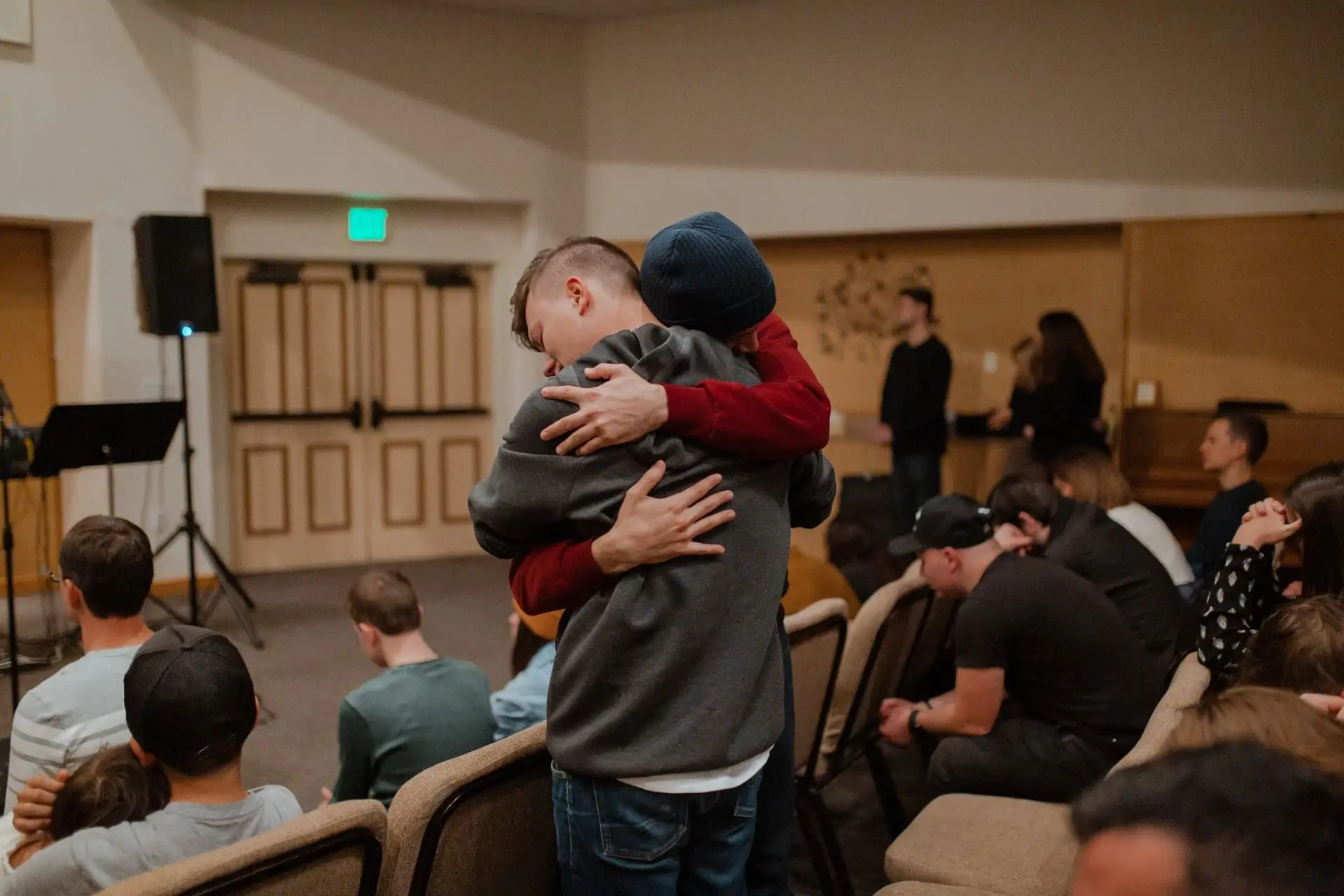
What Type of Therapy is Used for Addiction?
Most people who get clean and sober after living with addiction need to have therapy. Therapy can help you break old patterns, learn new ways of thinking, and help you find positive new coping behaviors. Even when you are using Medication-Assisted Treatment, therapy is recommended alongside to help you achieve long-term recovery.
Cognitive Behavior Therapy for Addiction
Many people in recovery benefit from cognitive behavioral therapy. Cognitive-behavioral therapy is a popular and practical approach to addiction treatment. Using this therapy, counselors help clients combat negative thoughts and connect them to their emotions and reactions.
Combatting negative thinking can help people in recovery make better choices, build self-esteem, and understand that “feelings aren’t facts.” With this therapy, many people can embrace healing and begin making healthy changes in their daily reactions and coping mechanisms.
Cognitive-behavioral therapy also helps people learn to recognize their triggers. When they realize them, they can also develop an effective “game plan” for combating them and making better decisions in reaction to triggers.
Group Therapy for Addiction
Many people also have treatment in the form of group therapy alongside their peers. Group therapy gives an addicted person the chance to relate to a group of people facing similar challenges.
In a group of peers, an addicted person can often recognize things they see in others that they also see in themselves. By relating to others with empathy and compassion, breakthroughs can occur.
Aftercare Addiction Therapy
Aftercare can help many people who have gone through addiction treatment and now need a springboard into daily life. Life after getting clean and sober can feel frightening and new. Aftercare helps people support and reinforce the strategies and tools they learned in treatment.
Recovery isn’t a formula; it’s a way of life. Aftercare can help people learn this new way of life lean on each other for support and guidance from addiction recovery specialists.
12-Step Support Groups
Many people choose to follow the 12 Step model laid out by Alcoholics Anonymous and Narcotics Anonymous. While also a form of group support, these groups are great for people during treatment and beyond.
In 12-step recovery, people work the steps with the guidance and support of a sponsor and their peers. For millions of people, 12-step groups are the answer to long-term sobriety and serenity.
Getting Help for Addiction
Do you or somebody you love have a problem with addiction? We can help. We offer professional, compassionate Medication-Assisted Treatment throughout North Carolina. Give us a call at 910-295-7246.
If you are in need of help, please call us at: 910-295-7246 or message us.
Categories
Treatment
